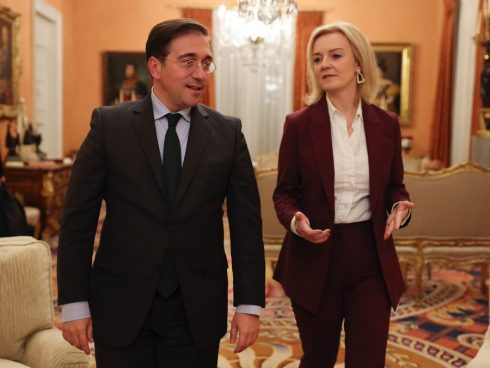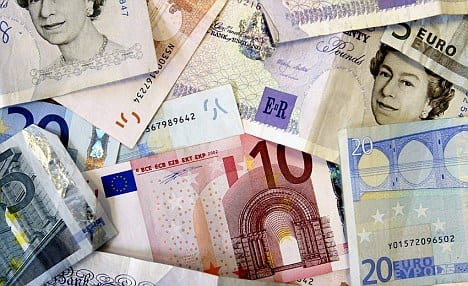Trade in the pound euro (GBP/EUR) exchange rate remained highly erratic through the second half of October amid UK political drama.
Over the last two weeks, GBP/EUR has traded in a range between €1.16 and €1.13.
What’s been happening?
The GBP/EUR exchange rate fluctuated wildly over the past couple of weeks, amid considerable UK political uncertainty.
After initially spiking to a six-week high after Chancellor Jeremy Hunt scrapped almost all of this predecessor’s mini-budget, GBP/EUR almost immediately relinquished these gains amid questions over the future of Liz Truss’s premiership.
Truss’ resignation just 45 days into the job, quickly put an end to this speculation. The pound initially firmed on the announcement, before the prospect of another Conservative leadership election erased these gains.

Sterling then picked up again in the last week of October after Rishi Sunak was crowned the new Prime Minister. Sunak is seen as being more fiscally prudent than his predecessor, with GBP investors hopeful he will retore some credibility to the UK government.
The euro also traded in a wide range in recent weeks. While the single currency faced some headwinds amid concerns over the apparent escalation of the war in Ukraine, it also benefitted from some notable weakness in the US dollar.
The euro then firmed toward the end of October ahead of the European Central Bank’s (ECB) latest interest rate decision. While EUR investors welcomed the bank’s second consecutive 75bps rate hike, the dovish tone of its accompanying statement undermined the single currency.
What do you need to look out for?
The immediate focus for GBP investors will be the Bank of England’s (BoE) latest interest rate decision on November 3.
There is considerable speculation over the size of the BoE’s upcoming rate hike following the recent UK fiscal uncertainty. Could an oversized hike stoke concerns over the impact on the UK economy and weaken the pound?
Meanwhile, the euro is likely to remain highly sensitive to developments in Ukraine. Any signs that the conflict is continuing to escalate could drag on the single currency.

Protecting against volatility
This kind of volatility can cause some nasty surprises if you need to transfer money overseas. On a £200,000 transfer, that two-cent gap between €1.16 and €1.13 translates to a €6,000 difference. And the larger the sum, the higher the discrepancy.
Fortunately, there are ways that you can protect against volatility.
Specialist currency brokers, such as Currencies Direct, offer different tools to help you navigate the ups and downs of the currency market.
For instance, you can use a forward contract to secure an exchange rate for up to a year. This way, you won’t lose out if the market moves against you.
Services like rate alerts and daily updates make it easy to keep track of what’s going on in the forex world so that you can make informed decisions. And with Currencies Direct you’ll have a dedicated account manager there to provide guidance and support whenever you need them.
At Currencies Direct we’re here to talk currency whenever you need us, so get in touch if you want to know more about the latest news or how it could impact your currency transfers.
Since 1996 we’ve helped more than 325,000 customers with their currency transfers, just pop into your local Currencies Direct branch or give us a call to find out more.
READ MORE:
- Gibraltar leader welcomes Cleverly and Raab on Sunak’s new UK government
- Gibraltar leader welcomes Rishi Sunak as Prime Minister asking for help on EU treaty talks
- Is Britain the Sick Man of Europe again?








